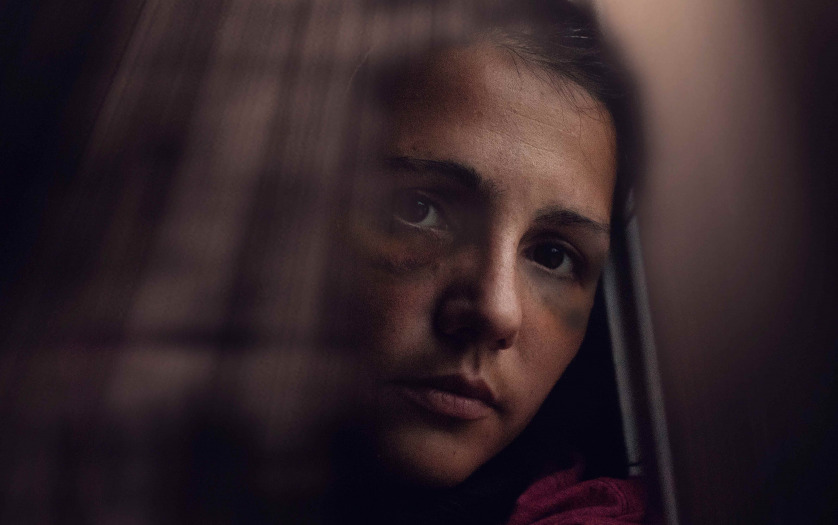
The Disability Royal Commission will hear from advocates and women with disability who are victim-survivors of domestic, family and sexual violence and abuse.
Public hearing 17 will continue to investigate the nature and extent of violence and abuse of women and girls with disability in family and domestic settings.
The data presented during this hearing will highlight the prevalence of family, domestic and sexual violence against women and girls with disability including:
- Women with disability are at higher risk of experiencing physical violence in their lifetime compared to women without disability (48% compared to 27%).
- Women with disability are far less likely to access services in relation to violence. In 2020, only 2.4% of calls and online contact made to 1800RESPECT were from, or on behalf of, people with disability.
- Two in five women with disability who are also in a relationship (41.5%) have experienced emotionally abusive, harassing and controlling behaviours perpetrated by a current or former intimate partner.
In addition to hearing from lived experience witnesses, the Royal commission will hear about the role of advocates and support services, including legal support, for women and girls with disability experiencing family and domestic violence and abuse.
The hearing will also examine the practices and policies of the Tasmanian Police relating to women and girls with disability experiencing sexual, family and domestic violence. Representatives of the National Disability Insurance Agency will give evidence about what supports it provides to women and girls with disability in times of crisis when they have experienced violence and abuse.
During part one of Public hearing 17, Senior Counsel Assisting Kate Eastman AM SC stated that violence against women and girls is preventable and requires commitment to change.
‘Prevention requires a recognition of the drivers of violence… It requires a change in society’s attitudes and the norms that shape the context in which violence occurs,’ she said.
In his opening address during part one of the hearing, Chair, the Honourable Ronald Sackville AO QC stated that for a long time the occurrence of violence against women has been ignored by a largely male-dominated society.
‘Violence against and abuse of women and girls with disability is, if anything, even more pervasive. It has been hidden or ignored to an even greater extent. So too has violence and abuse against LGBTQI+ people with disability,’ he said.
